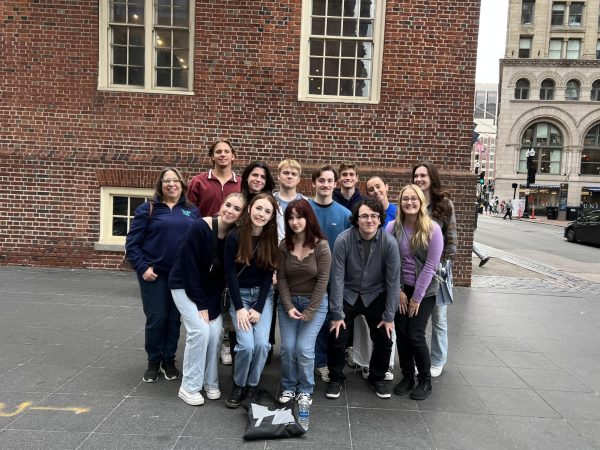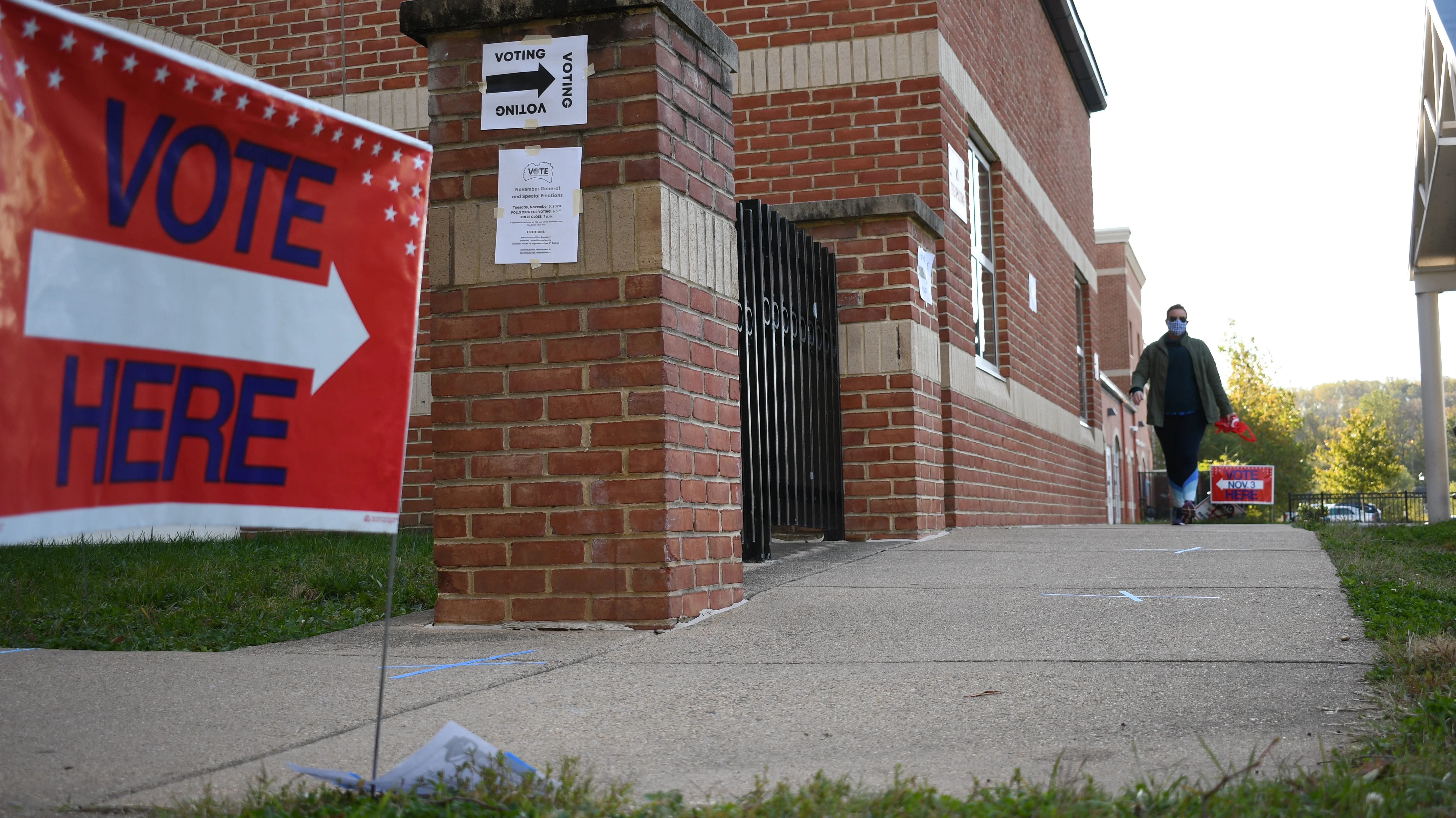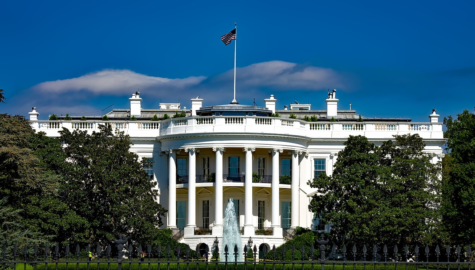Editorial: Social Media is Seeing a Spike in Teenage Political Activism but Sources Need to be Questioned
November 5, 2020
Maybe it was the several month quarantine or the upcoming presidential election, but students around the country, especially at Woodgrove, have increased their interest in politics and current events. Teens have been taking to social media to address a variety of issues surrounding the current political climate; being informed of political affairs and the world around you is a vital skill, and watching the age of interest for politics lower spreads hope for the future of the United States. The recent interest surge may have the best intentions, but massive amounts of misinformation circulating throughout social media is a subject of serious concern.
Looking back on previous elections, citizens were less involved in our government system. Eighteen to twenty-four year olds have historically had the lowest voter turnout, but with the recent surge of young political activism, this statistic is subject to change. In 2020, young activists are using their voices to speak out and share their opinions. Instagram, TikTok and Twitter have seen the most buzz from teenagers where they post on topics like the election, climate change, Black Lives Matter, and LGBTQ+ rights. Awareness of the positives and negatives each application provides to its users is critical. 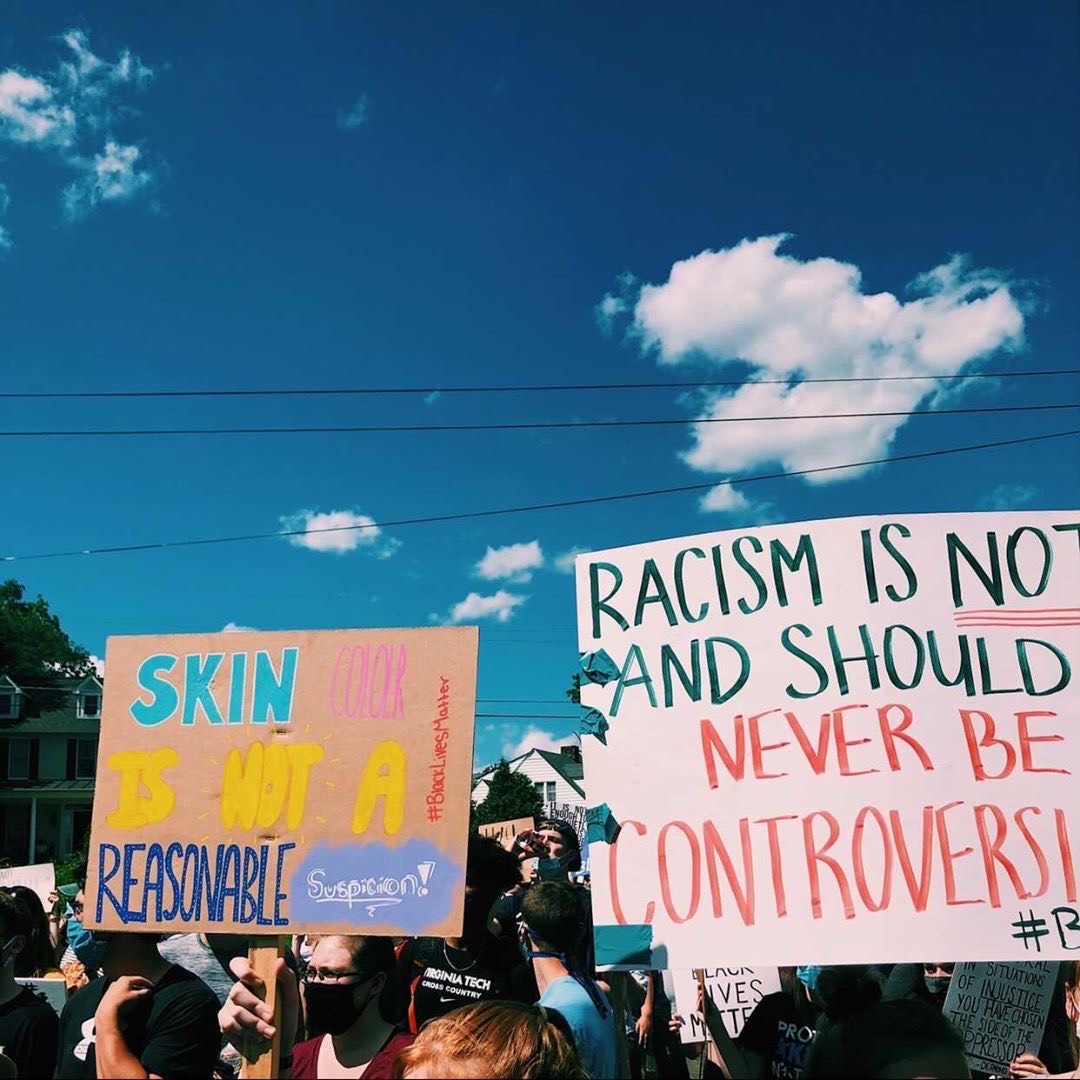
Instagram feels like the most formal platform in terms of politics and current issues. When an account posts information, anyone can share it to their “story” for all of their followers to view. Users often share posts from verified news sources or celebrities voicing their opinions. In addition to reposting these verified accounts, many users will reshare the same post as their peers. Because of Instagram’s aesthetically pleasing format, viewers often disregard the content source. Posts are shared by thousands of people, but the source should always be questioned.
TikTok is one of the most unknown social media platforms when it comes to adults. The app is mainly used by teenagers and college students, where news is widely consumed by young people growing their interest in activism. Credible news sources like the Washington Post have found unique and fun ways to display accurate information to viewers, but this isn’t the case for all TikTok accounts. Apps likeTikTok use an algorithm that processes user “likes” and time spent viewing material to promote additional similar content through the “recommended for you” feature. This causes a phenomenon called group polarization, where viewers, who may not have strong political beliefs, are fed content that changes the viewer’s opinion to match the content. 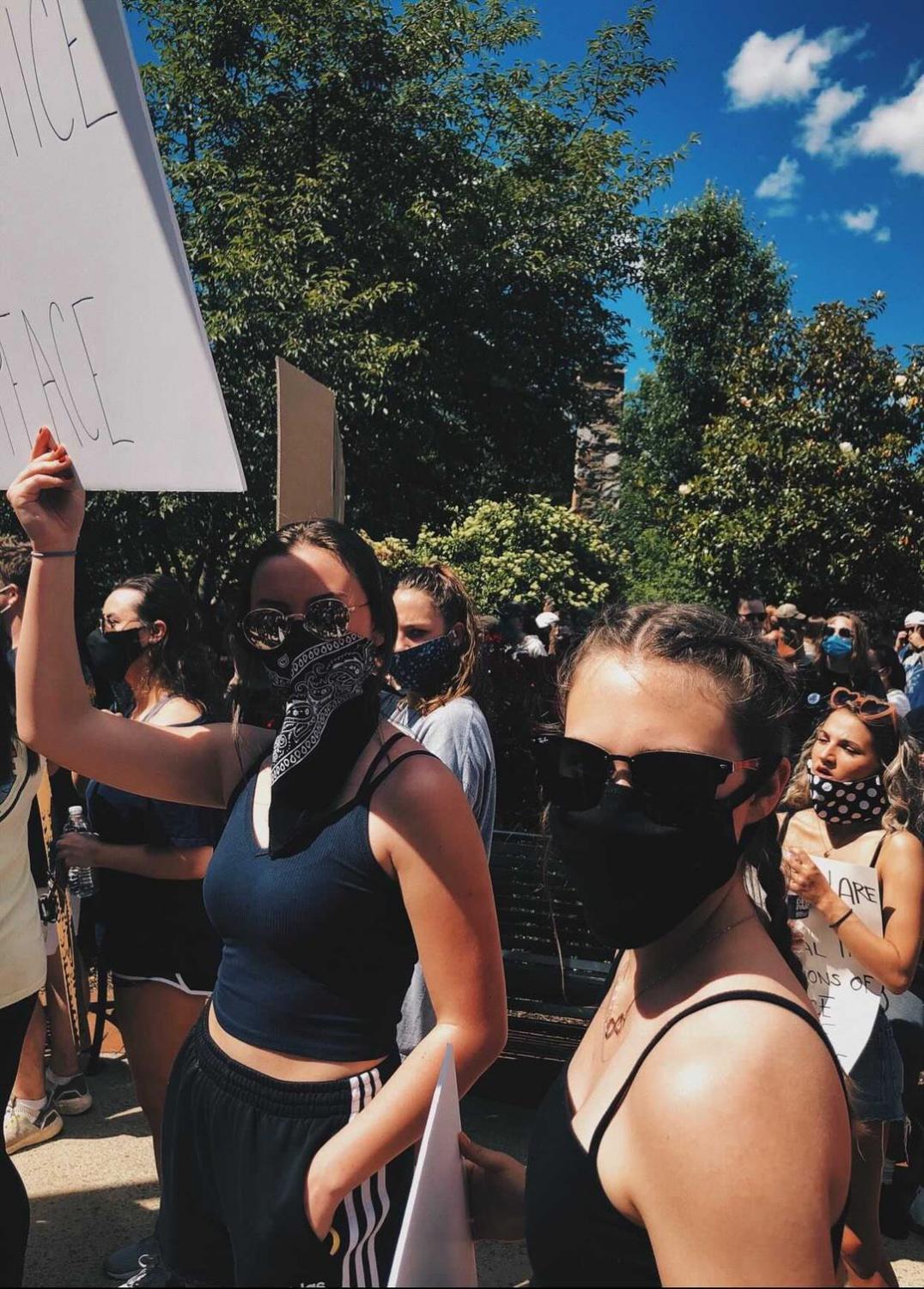
Another social media platform used to spread information that is more well known among adults is Twitter. Even before President Trump took the application by storm, it has been a widely used app among all age groups, giving the opportunity to post opinionated tweets to adults as well as teenagers. On Twitter, one can choose to follow people and organizations with the same opinions and interests as them. Instead of reposting other accounts’ opinions like Instagram, Twitter is usually used when a person types their own opinions and shares it to their followers’ feed. This can increase the amount of skewed information on the app, since people can share opinions without providing facts. However, this form of posting can also be beneficial because it allows politicians, such as Alexandria Ocasio-Cortez, to showcase their beliefs to many followers.
Social media is a great platform to spread factual information about current politics; people of all ages have been getting involved by posting their opinions for peers to see. Checking sources before sharing a post, as well as fact checking others who may be sharing misinformation, is crucial to ensure no one is misinformed. American citizens should keep using their voice to share factual information and their political beliefs through social media or in-person. It is, after all, our First Amendment right.



